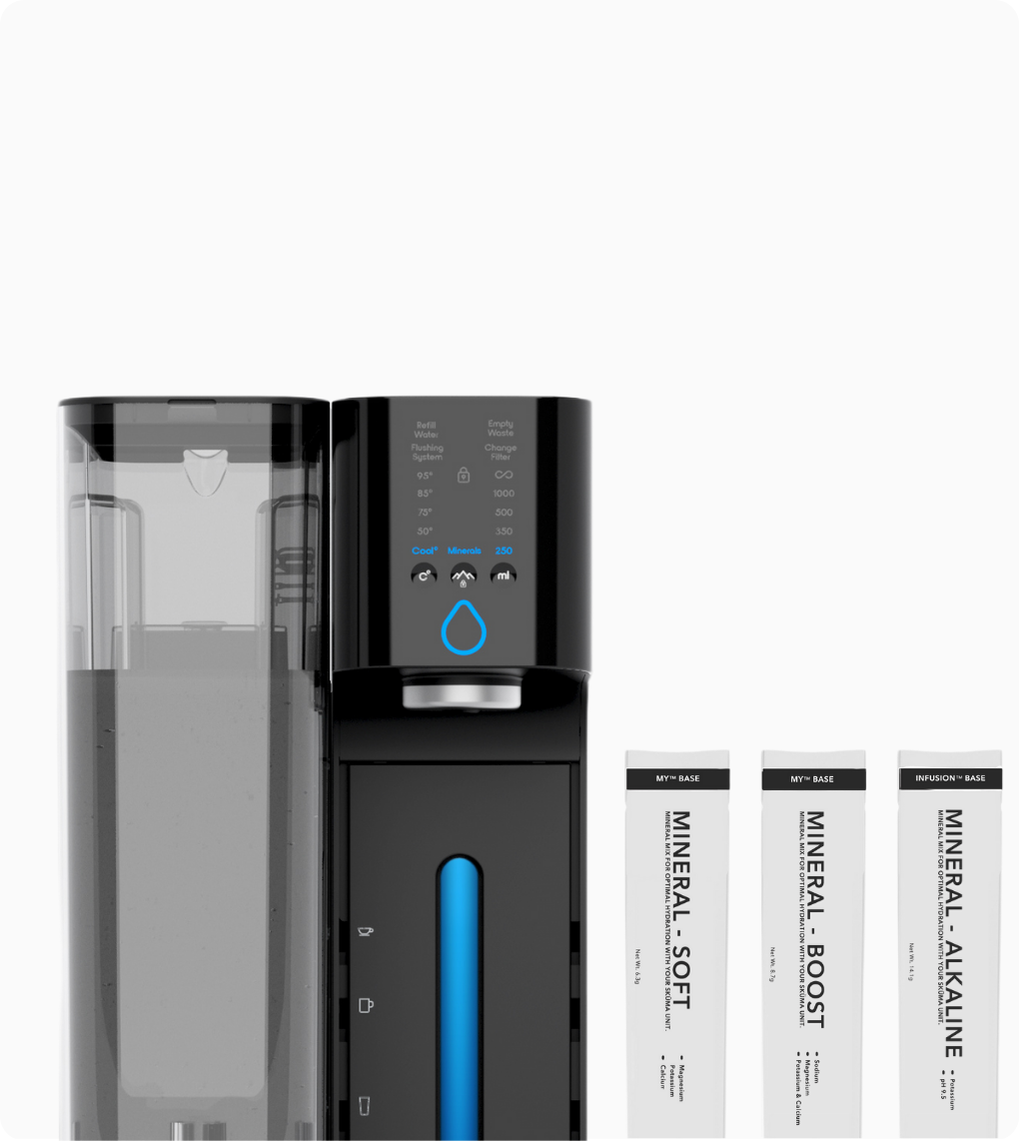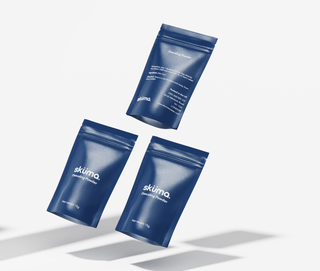As our awareness of the importance of clean and healthy water has increased, water filters have become a popular solution in many households. However, not all water filters are created equal, and some can even be detrimental to your health. In this article, we will explore the reasons why water filters may not be as healthy as you think, and introduce Sküma, a countertop reverse osmosis system that takes water purification to the next level.
The Ineffectiveness of Some Filters
Many water filters on the market today are not as effective as they claim to be. Some filters remove only a limited number of contaminants, while others may fail to remove the most harmful substances. In fact, some of these filters may even introduce new contaminants into the water.
Incomplete Filtration
A common issue with many water filters is that they do not remove all the contaminants that might be present in tap water. While they might be able to filter out certain chemicals, heavy metals, or microorganisms, they might not be effective against others. This can lead to a false sense of security and can potentially expose users to harmful contaminants.
Recontamination
Some water filters can actually introduce new contaminants into the water. This can occur when bacteria or other microorganisms grow on the filter itself, which can then contaminate the filtered water. Additionally, some filters can leach harmful chemicals or materials, such as BPA or phthalates, from their plastic components.
Health Risks of Filtered Water
Not only can some water filters be ineffective, but they can also pose certain health risks.
Mineral Deficiency
Many water filters use technologies that strip water of not only harmful contaminants, but also essential minerals, such as calcium and magnesium. These minerals are important for maintaining bone health, muscle function, and overall well-being. Drinking demineralized water can lead to a deficiency in these essential nutrients, potentially causing health issues.
Water Acidity
Demineralized water can also be more acidic than mineral-rich water. Consuming water with a low pH can contribute to an acidic environment in the body, which can lead to a variety of health problems, including weakened bones, tooth decay, and impaired immune function.
Environmental Impact of Water Filters
In addition to the potential health risks associated with water filters, there are also environmental concerns to consider.
Plastic Waste
Many water filters are made from plastic, which can contribute to plastic waste in landfills and oceans. Additionally, disposable filters need to be replaced regularly, further exacerbating the problem of plastic waste.
Carbon Footprint
The production, distribution, and disposal of water filters also have a carbon footprint. This is particularly concerning when considering the vast number of filters that are used and disposed of each year. By choosing a more sustainable water purification system, you can help reduce the environmental impact associated with filtered water.
Sküma: A Healthier, More Sustainable Solution
Sküma offers a countertop reverse osmosis system that purifies water to the highest degree, providing a healthier and more environmentally friendly alternative to traditional water filters. The Sküma system effectively removes contaminants without stripping the water of essential minerals, thanks to its innovative design and long-lasting infusions.
Reverse Osmosis: A Superior Filtration Method
Reverse osmosis is a highly effective filtration method that can remove a wide range of contaminants, including heavy metals, chemicals, and microorganisms. By using a semipermeable membrane, the Sküma system is able to filter out harmful substances while retaining essential minerals.
The Sküma system goes a step further by adding back specific minerals and vitamins to the purified water. This ensures that the water you consume not only tastes great but also provides you with the essential nutrients your body needs. By maintaining the mineral balance, Sküma also helps prevent the potential health risks associated with drinking demineralized water, such as mineral deficiency and increased acidity.
Sustainable Design
Sküma's commitment to sustainability is evident in its design. The system is made from high-quality, long-lasting materials that minimize waste and reduce the need for frequent filter replacements. Additionally, the Sküma countertop system consumes less energy than many other water filtration systems, further reducing its environmental impact.
Conclusion
While water filters have become a popular solution for providing clean and healthy water, it's important to recognize that not all filters are created equal. Many water filters on the market are not as effective as they claim to be, and some can even be detrimental to your health and the environment. Sküma's countertop reverse osmosis system offers a superior alternative that addresses these concerns, providing purified water without compromising on essential minerals, taste, or sustainability.
By choosing Sküma, you are investing in a water purification system that not only delivers clean, healthy water but also aligns with your commitment to making environmentally responsible choices. Experience the difference for yourself, and enjoy the benefits of Sküma's innovative, health-conscious, and eco-friendly approach to water purification.


























